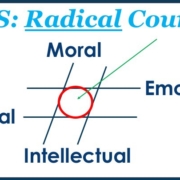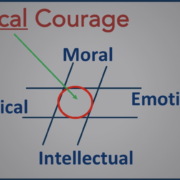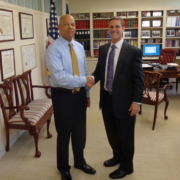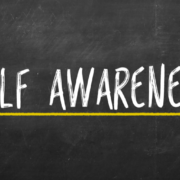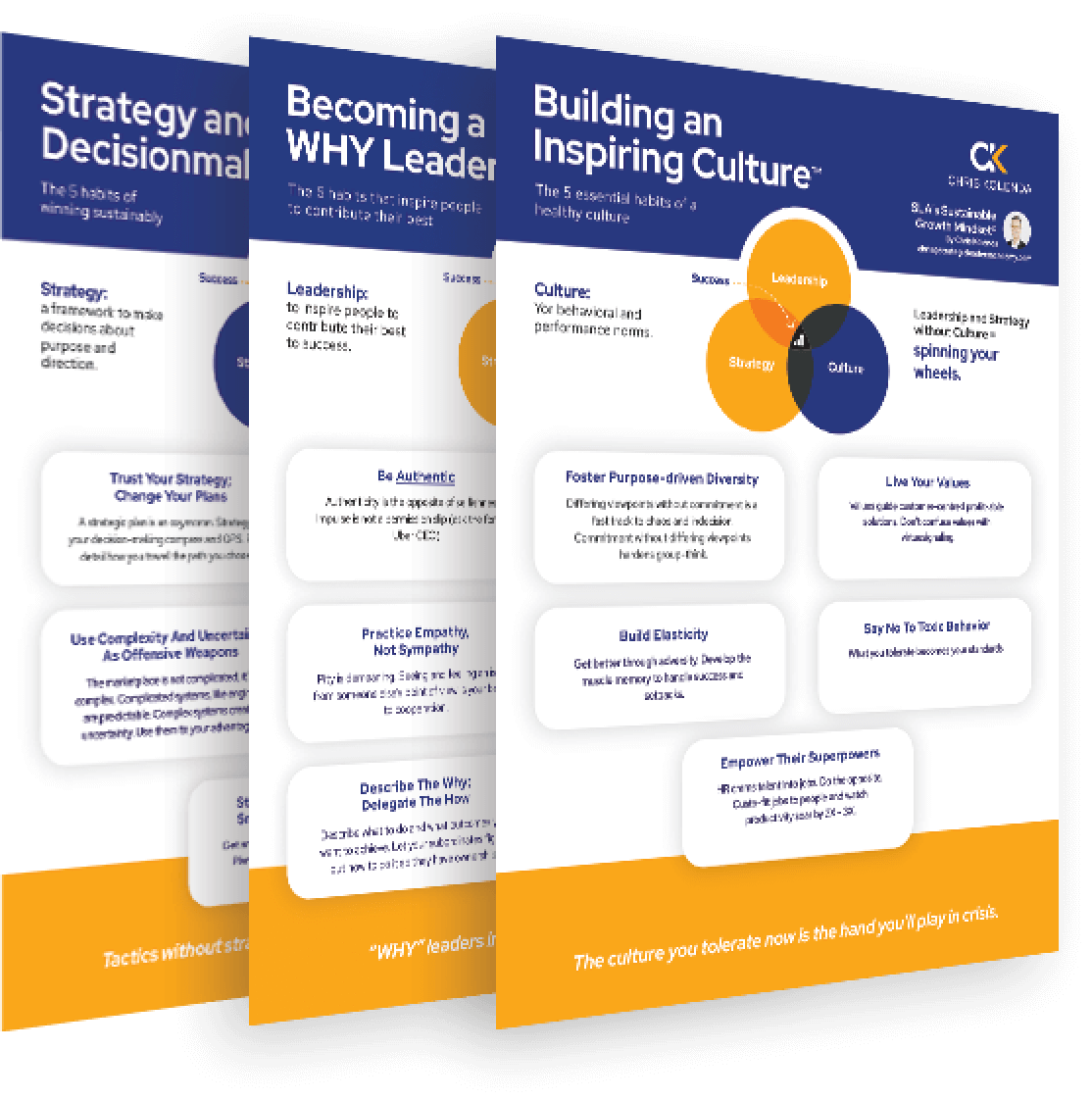Respect: It’s time to talk at work about bullying and assault

Respect: It’s time to talk at work about bullying and assault
Respect
I am overwhelmed by the positive feedback to my story about being bullied by peers and sexually assaulted by priests as a teenager.
Several women shared their own harrowing and heartbreaking memories. A number of men came forward, too. Some shared their realities of being violated by people in positions of power or authority, others by peers and teammates.
My list is full of extraordinary leaders – veterans, diplomats, scholars, caregivers, advocates, reporters, humanitarians, nonprofit and business leaders, moms and dads, sons and daughters – too many of whom had experiences like I did. If you would like to hear me talk in more depth about my personal experience, listen to episode 712 of Don Hutcheson’s Discover Your Talent podcast.
Those who responded with their own stories discussed the inner struggles they faced. They told of the triggers that brought forward the searing memories (the Penn State Sandusky scandal was one of mine) and the helpful and unhelpful ways they tried to deal with them. Each one of them found solace in writing things out.
I was struck, particularly, by just how pervasive and underreported the abuse has been.
Leaders need to have the emotional courage to address bullying and sexual assault. This means doing something more meaningful and impactful than issuing policy letters and having people undergo sensitivity training. Addressing sexual harassment, according to one study, is the #1 workplace trend for 2017.
It means walking the talk. While this does not require sharing personal anguish, leaders need to convey clearly and personally their commitment to respect.
Here are some practical ways to do that:
- Start a professional reading program that includes articles or books that address these issues. First of all, employees and supervisors overwhelmingly note that such programs, if done authentically and consistently, are 1) valuable to their professional development; 2) make them more effective at work; and 3) show that the organization cares about them. Second, reading the experiences of others can give people safe ways of thinking about and discussing sensitive topics, and also help increase empathy.
- Hire people who will advance your culture of respect. It’s safe to assume that everyone is going to be nice during an interview. Few people are likely to list as references people they bullied. But did you notice how the candidate treated the janitor? Did the candidate pick up towels on the bathroom floor or leave them? How people treat others, especially those who the person believes can do nothing for them professionally, speaks volumes. How an individual demonstrates care (or lack thereof) for common areas is also telling.
- Zero-tolerance for bullies and bigots. We have zero tolerance policies for problems like corruption, lying, stealing, malpractice, and malfeasance. Expand that to include disrespect. Employers who look the other way often find that the price of tolerating a bully or bigot was too high.
Our short video on leadership principles Trustworthiness, Respect, and Stewardship provides a good gateway into the discussion.
Good character is developed over time through habituation—the traits that make us who we are come from habits we’ve acquired. The same is true for bad character. Leaders need to take a stand early on by calling out bad behavior and preventing that from becoming the norm.
Moreover, by shining a light on issues like bullying and assault, leaders can create a culture within which individuals feel empowered to report abuse and potential predators know the severe consequences they will face if they hurt others.
